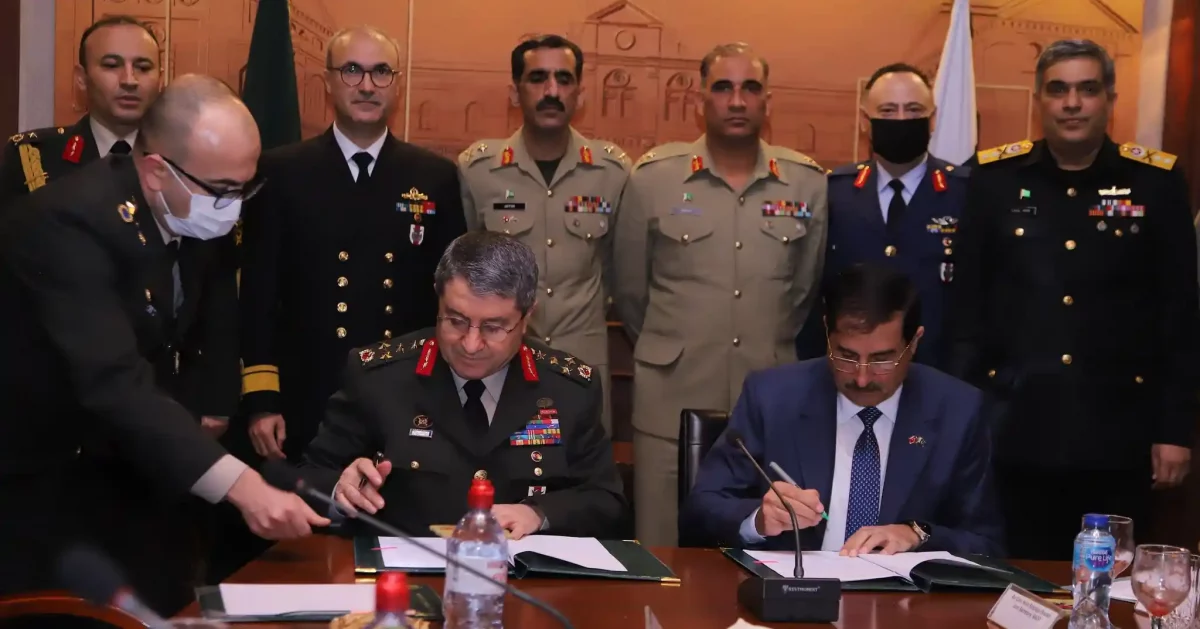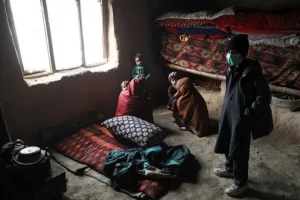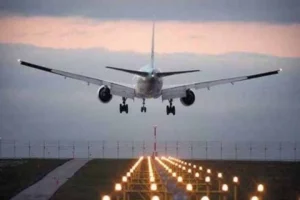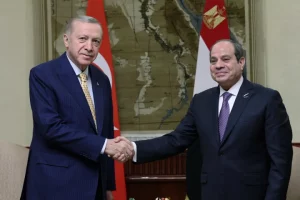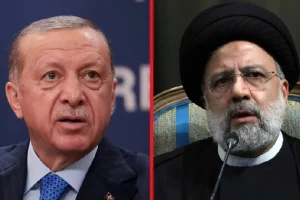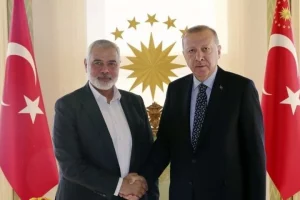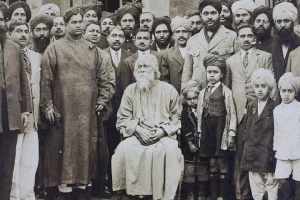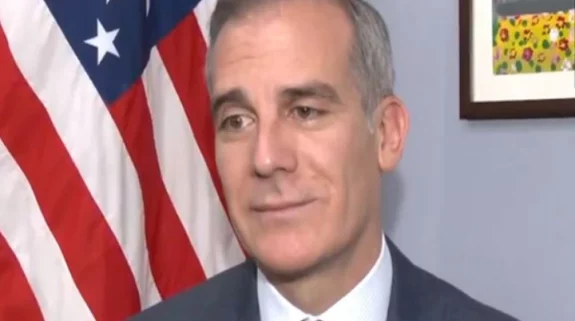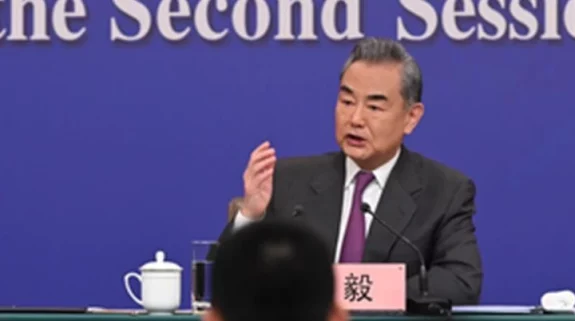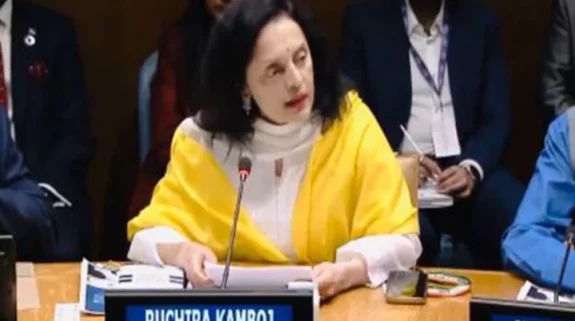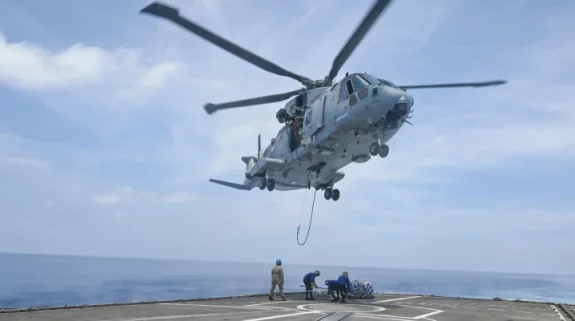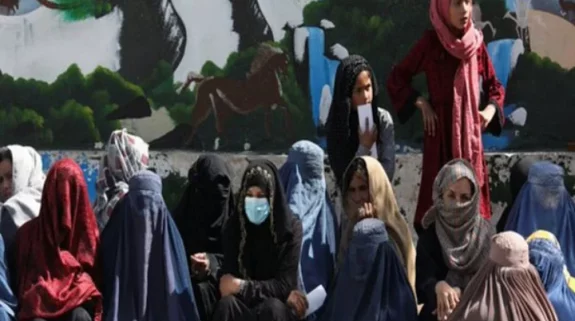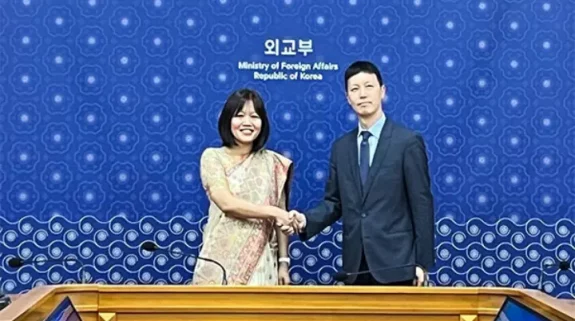A group of 19 academicians and former soldiers from Pakistan held a four-day long dialogue with their Turkish counterparts discussing varied aspects of bilateral, regional, and global security issues, in what is being called the very first Pakistan Turkey Strategic Dialogue.
While Pakistan and Turkey’s bilateral relations have always been good, they further deepened under now deposed Pakistani Prime Minister Imran Khan and Turkey’s Recep Tayyip Erdogan. The two countries signed Strategic Economic Framework in February 2021, The Pakistan-Turkey High Level Military Dialogue (HLMD) was developed between the two states in December 2020, a free trade pact is in the pipeline; the two countries have also conducted a number of joint military exercises over the past couple of years. A strategic dialogue was a natural corollary.
Pakistan Turkey 70 years of Diplomatic Relations Stamp.
Allama Iqbal | Mehmet Akif Ersoyhttps://t.co/9IFxps2GEN#pakistanpost #turkey #Pakistan #70yearsofdiplomaticrelations #numismatics #ARYNewsUrdu #allamaiqbal #mehmet_akif#azerbaiyán #friendship #CSS2022 #collectorcards— Numismatics Pakistan (@numismatics_pak) May 18, 2022
But, with many more years of experience than Khan, Erdogan proved himself to be amenable to change, becoming one of the first foreign leaders to congratulate Shehbaz Sharif who took charge as Prime Minister after Khan’s ouster. But if Khan’s outreach to Turkey came at the cost of Pakistan’s ties with its Gulf Arab friends, then Shehbaz Sharif has not made any bones about foreign policy priorities for his government, rushing to Riyadh and Abu Dhabi on his first official foreign visits.
Where does that leave ties with Turkey?
The dialogue comes at a time of major geopolitical shifts in the world, particularly in the Eurasian region. The Russia-Ukraine conflict is majorly impacting countries in the region, the already struggling Turkish economy has been further impacted by the many Western sanctions imposed on Russia. While Turkey has tried to tread an autonomous path from time to time – given its constraints as a NATO member – by maintaining ties with Russia, the war has shown limits to that autonomy. It has condemned Russia for invading Ukraine, tried to play peacemaker between the two sides and closed the Bosporus and Dardanelles straits to military vessels. At the same time the US has put limits on Turkish defence industry, forcing it to look out for itself. Turkey has also opposed the inclusion of Finland and Sweden into NATO.
Pakistan, on the other hand, has gone bankrupt. Its protégé – the Taliban in Afghanistan seems to have turned against it, and it is battling the fiercest Baloch insurgency on its territory, jeopardizing the China Pakistan Economic Corridor (CPEC), the flagship project of China’s Belt and Road Initiative, and on which Pakistan has staked much. Under Khan, Pakistan’s ties with the US nosedived, with Khan making allegations of a US engineered coup dethroning him. The Shahbaz Sharif government has since been in damage control mode.
Pakistan’s military relations with Turkey have also come under censure from the US, putting brakes on the purchase of T129 attack helicopters from Turkey. The Ukraine war, together with the harsh sanctions while depleting Russia, is slated to strengthen China’s position in the Eurasian region.
Both Turkey and Pakistan, while seeking to carve out more autonomous paths, are hamstrung by hard realities, not excluding economic ones. This was evident in the dialogue.
While the customary obeisance to Turkey as big brother was paid – invoking both Muslim brotherhood (pun intended), and warm memories of the former Ottoman Caliphate, no major new initiative was put forward. The hackneyed references to Indian hegemony and human rights violations in Indian Kashmir, and Indian and Israeli “state terrorism “were in place, but the dystopia that is Pakistan was on full display with no reference to the unrest gripping Balochistan, or Gilgit Baltistan, or even to the Tehreek e Taliban Pakistan (TTP).
It also tried to put to rest the question that analysts have been asking about a potential nuclear collaboration between the two, given Pakistan’s elevated status as the only Muslim country with nuclear weapons and its proclivity for nuclear proliferation. And defence and military ties apart, the two can really not do much for each other’s economies.
But Afghanistan is a major arena of interest, with both Pakistan and Turkey being major stakeholders there, but this time around Pakistan may need Turkey to mend ties with the Afghan Taliban than the other way around. And here is the crux of the dialogue – it may be a prelude to another major geopolitical alignment in the region. The dialogue mentioned an outreach to Iran and the country significantly in the driver’s seat in Afghanistan—Qatar. A quadrilateral grouping comprising Pakistan, Turkey, Iran, and Qatar may be in the offing, with all of them major partners of China. And it will not be particularly friendly to India.
Also Read: Is Turkey punching beyond its weight by trying to mediate between Ukraine and Russia?
(Aditi Bhaduri is a columnist specialising in Eurasian geopolitics. Views expressed are personal and exclusive to India Narrative)






